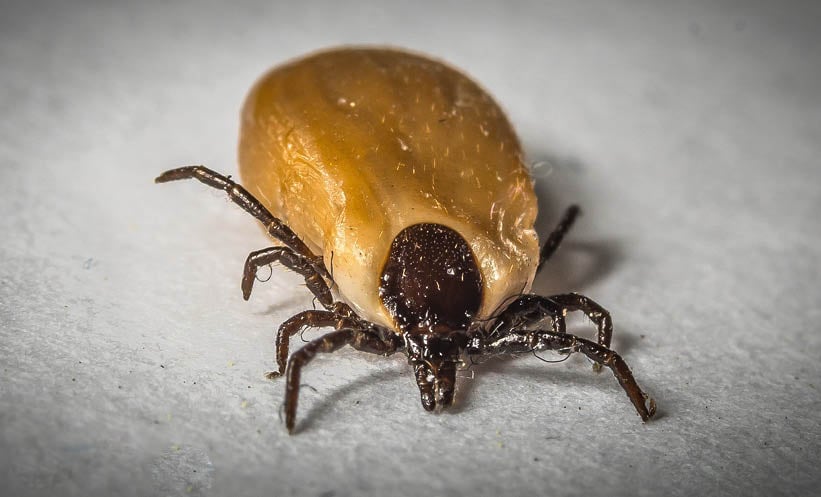NEW insights into the ecology of a potentially fatal haemorrhagic fever virus have been provided by researchers from Uppsala University, Uppsala, Sweden in collaboration with other institutions. The team discovered genetic material in a tick species collected from birds migrating from Africa to Europe, suggesting these birds could contribute to the virus spreading to new geographical areas.
Alkhurma Virus
The Alkhurma virus, which resembles diseases such as Ebola, appears to be spread by contact with animals or from tick bites rather than direct contact between humans. However, there is limited knowledge of which animals can act as hosts and the insects or tick species which transmit the disease, although previous research has indicated it may be carried by camels and other domestic livestock.
Tick Species
As part of a multinational collaboration to uncover tick-borne diseases that could be spread by migratory birds to new regions, thousands of ticks were removed from migrating birds at observatories in the Mediterranean basin. In the tick species Hyalomma rufipes, the researchers detected Alkhurma virus RNA.
Spread to New Areas
“Our findings of the Alkhurma virus in ticks collected in Turkey and Greece are the first in the tick species Hyalomma rufipes, which is common in large parts of Africa and on the Arabian Peninsula. These findings mean that we have identified one more tick species that has carried RNA from this virus and shows that there is a risk of the spread of the virus to new geographical areas,” explained leader of the study Tove Hoffman, Uppsala University.
Public Health
The condition was first identified in patients with regular haemorrhagic fever symptoms in the mid-1990s in Saudi Arabia, and has only been seen on the Arabian Peninsula and in Egypt so far. However, increased understanding of the ecology of the Alkhurma virus and the regions which could be affected by it in the future is crucial for putting in place public health measures, especially as the fever can be fatal and currently no effective treatment is available.
James Coker, Reporter
For the source and further information about the study, click here.







